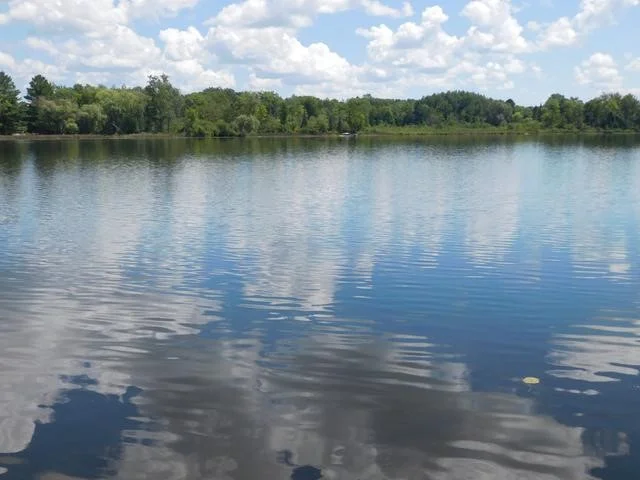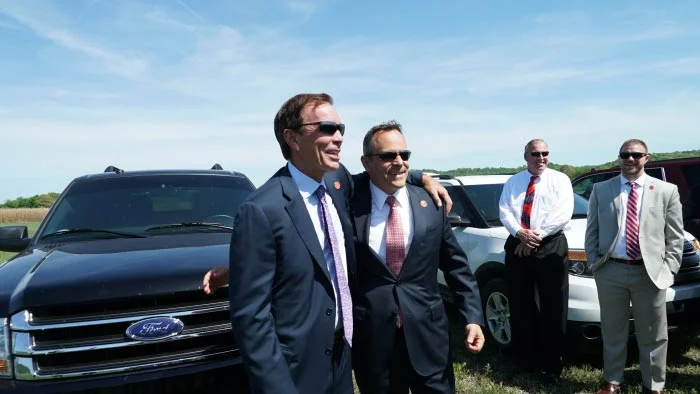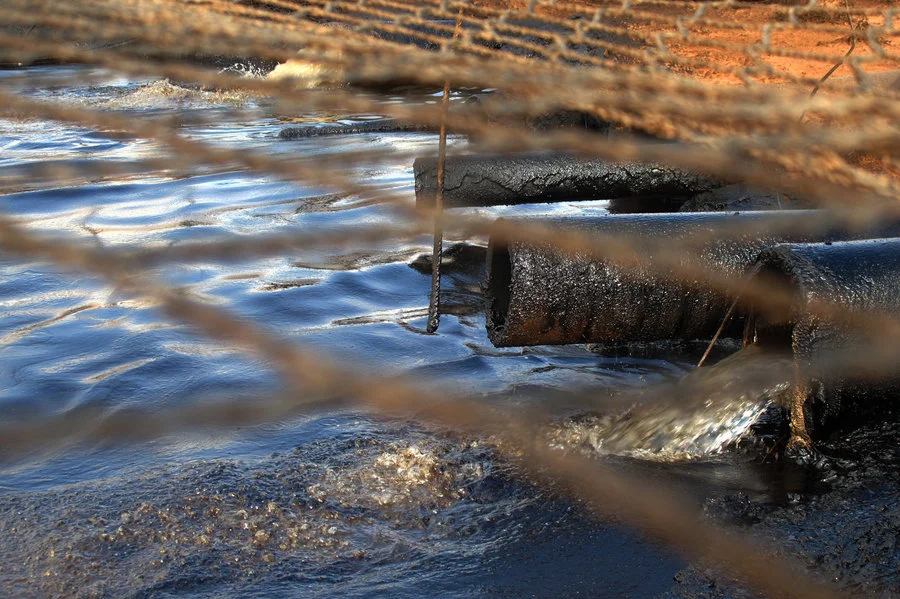For those not well versed in science jargon, CRISPR-Cas is a genome-editing technology that allows the user to precisely cut out sections of DNA. Not surprisingly, scientific technology is moving faster than the gears of the political process can turn. The FDA and the USDA have realized that CRISPR is coming whether they are ready or not. But the agencies are going different directions on whether to regulate the organisms that undergo CRISPR alterations.
Contention Over Motorboat Usage on Crooked Lake Leads to 25 years of Litigation
In the Sylvania Wilderness of the upper peninsula of Michigan, a few property owners have been squaring off with the United States Forest Service for a quarter century. This contest lead to Herr v. United States Forest Service, the latest in a storied tradition of litigation over Crooked Lake, where the 6th Circuit ruled in favor of the private land owners because the United States Forest Service had over stepped its regulatory authority by restricting motorboat usage.
Fighting Against Fossil Fuels: The Reprise of Nuclear Power
Nuclear power plants, especially small, single reactor plants in competitive electricity markets, have struggled financially for years. This financial struggle has many contributing factors, including fear of nuclear meltdown, the exorbitant start-up cost of a nuclear power plant, and most importantly, environmental sanctions put in place by state and Federal governments. However, nuclear power plants generate nearly twenty percent of America’s electricity and are critical reliability components that contribute to both the stability and integrity of the system.
Cooperative Federalism as a Solution to the Climate Crisis
Two years ago, the deeply conservative state of Kansas repealed a law requiring twenty percent of the state’s electric power to come from renewable sources by 2020, seemingly delivering a blow to the state’s environmentalists. Kansas zipped past that twenty percent goal in 2014 and actually produced more than thirty percent of its energy from wind by 2016. This underscores the reality that some of the fastest growth in renewable energy is occurring in states led by Republican governors and legislators.
“Wherever there is no consensus that can be achieved, disagreement has to be made clear.”
German Chancellor Angela Merkel recently closed the G20 summit citing the “unfortunate” position the United States was in compared to the other nineteen members of the G20 who remain committed to the Paris climate accord. The Chancellor’s statements were seemingly borne from the intention of ringing the proverbial bell, however, President Trump’s position on climate change, somewhat uncharacteristically, has stood firm since he learned “[t]he concept of global warming was created by and for the Chinese in order to make U.S. manufacturing non-competitive.”
“The Silicon Prairie:” Modern Agricultural Equipment and the Right to Repair Movement
Farmers of the twenty-first century depend on agricultural equipment outfitted with computer systems and state-of-the-art software. The proliferation of high-tech farm equipment in recent years not only increased average yields in light of unreliable market prices, but it also distorted traditional notions of ownership.
Bucking the Resource Curse in Appalachia: The Hopeful Rhetoric of the Braidy Industries Aluminum Mill
Braidy Industries will break ground on construction of a greenfield aluminum mill in Eastern Kentucky in early 2018. While proponents like Matt Bevin believe the aluminum mill is the answer to the economic devastation caused by the collapse of the region’s coal industry, Kentuckians should consider whether swapping one fluctuating industry for another is the long-term solution we need.
Reaching New Heights: Curbing Kentucky’s Opioid Problem Through Legalization of Marijuana
The raging opioid epidemic in the Ohio River Valley is seeing its worst year yet in 2017. Drug overdoses are now the leading cause of death among Americans under 50. Northern Kentucky, Louisville, and Lexington have felt the worst of its effects in the Commonwealth. Earlier this year, Louisville experienced 151 overdoses in only 4 days.














